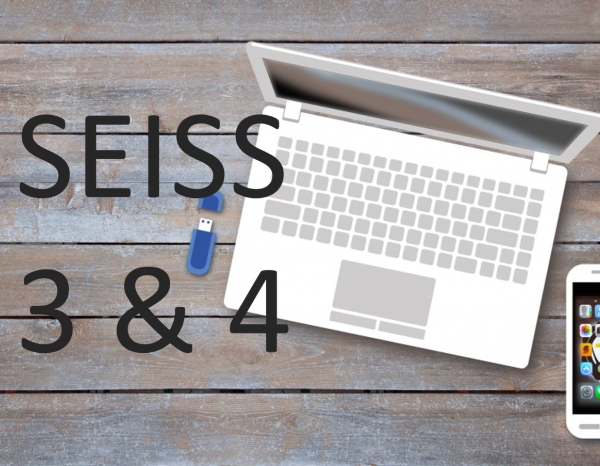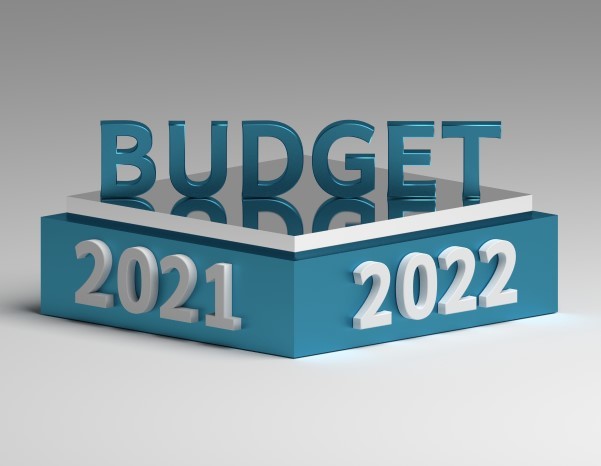This summary provides a guide to the main tax dates for you and your business over the next 12 months along with links to further information on key topics.
April 2022
Making Tax Digital for VAT
Making Tax Digital, the government initiative that aims to make tax more effective and efficient, starts for UK VAT return periods commencing on or after 1 April. All UK VAT-registered businesses must comply with MTD from here on. Visit our MTD Hub for further information.
Minimum wage increases
The National Minimum Wage hourly rates have increased. The minimum hourly rates are now:
- Apprentices: £4.81
- Under 18s: £4.81
- 18 to 20-year-olds: £6.83
- 21 and 22-year-olds: £9.18
- Over-23s: £9.50
National Insurance increases
From April 2022, employee and employer National Insurance contributions will increase by 1.25% for one year to April 2023. A new Health and Social Care Levy will take effect from 6 April 2023. The 1.25% levy will be payable on an amount of earnings or profits on which an employee, employer or self-employed individual is already liable to pay a qualifying National Insurance contribution (Class 1, 1A, 1B and 4 NICs).
Changes to the Employment Allowance
Again, from April, small business owners who employ staff will be able to reduce their National Insurance liability by up to £5,000 (up from £4,000). This means that you’ll pay less employers’ Class 1 National Insurance each time you run your payroll until the allowance has gone, or the tax year ends, whichever is first. Business owners with more than one business can select how the allowance is to be allocated across the various businesses in the group.
The end of reduced VAT for the hospitality industry
April 1, saw the temporary reduced VAT rate of 12.5%, which was introduced to support the hospitality, accommodation, and attractions sectors, revert to 20%.
New tax codes
Once you close off one year’s payroll, you must open the next year’s. At the start of April, refer to the P9X – this is the document outlining the forthcoming year’s tax codes. These codes will be in place from the 6 April. Further information on this topic can be found here.
If someone has left the business
If anyone has left the business over the past year, it’s important to update your records. Make sure your payroll information is correct before you send your Full Payment Submission (FPS) or Employer Payment Summary (EPS) to HMRC. If you’d like more about running a payroll, follow this link.
Payroll deadline
You have until the 19 April to submit your FPS and EPS and pay any tax or National Insurance contributions that are due.
May
Employee records
You must give a P60 to all employees on your payroll by 31 May. The P60 shows the tax they’ve paid on their salary in the tax year.
June
An extra Bank Holiday
This year there’s an extra Bank Holiday - on 3 June. The late May bank holiday has been moved to Thursday 2 June giving a four-day weekend in recognition of the Platinum Jubilee.
July
National Insurance threshold
The national insurance threshold for employed people will increase to £12,570 this month. It’s not clear how this may affect the self-employed.
Expenses
As an employer, you have until the 6 July to submit a P11D form to HMRC. This is a declaration of all expenses and benefits other than tax and insurance payment. It includes childcare benefits, car allowances or interest-free loans. One of these forms needs to be submitted for each employee who receives such benefits.
Payment of National Insurance
Payments of class 1A National Insurance contributions are due to HMRC by 22 July if you’re submitting digitally (if not, you must do this by 19 July).
Payment on account
For sole traders, your second payment on account of income tax and National Insurance contributions is due by 31 July.
August
The Employment Bill
A new Employment Bill was announced in the Queen’s Speech in 2019 but the pandemic has delayed its introduction. The measures included: increased redundancy protection for pregnant women and new mothers; staff keeping all tips; and the introduction of a week’s unpaid leave for carers. It is thought that these changes may be gradually instated in the second half of 2022.
October
Retail business owners
Retail business owners employing 50 people or more must remove all unhealthy promotions including ‘buy one get one free’ type offers on high fat or high sugar products.
The newly self-employed
If you became self-employed in the 2021/22 tax year, you have until 5 October to advise HMRC know that you need to start paying tax and National Insurance.
A new partner joining the business
If you started a partnership or became a partner during the 2021/22 tax year, you must let HMRC know by 5 October.
Self-assessments – paper filing
You have until 31 October if you are filing a paper return – but it’s advisable to digital filing as soon as you can. See our MTD Hub for more details on this.
January 2023
VAT penalty regime
The new penalty for late VAT returns or payments starts after 1 January. You may complete quarterly, monthly, or annual returns so check your VAT return period. You would not incur a surcharge for the first default if your turnover is under £150,000, but there’s a sliding scale for subsequent defaults, reaching 15% if there are 6 defaults or more in any given 12 month period.
Self-assessment – digital filing
For those filing their self-assessments digitally, you have until 31 January to submit your return to HMRC.
Self-assessment tax payment deadline
Prepare to pay your tax for the 2021/22 year. This is due by 31 January. Your first payment on account of tax for year 2022/23 is also due on this date.
Capital Gains Tax
Capital Gains Tax is a tax on the profit when you sell (or ‘dispose of’) something (an ‘asset’) that’s increased in value. It’s the gain you make that’s taxed, not the amount of money you receive. Capital Gains Tax payment on assets sold in 2021/22 tax year is the 31 January 2023.

.jpg)






